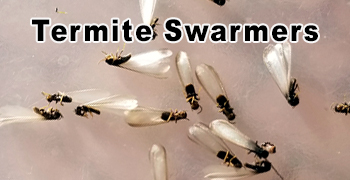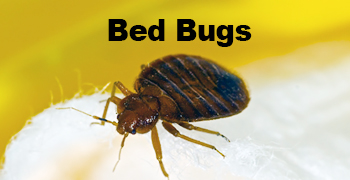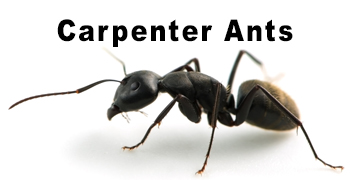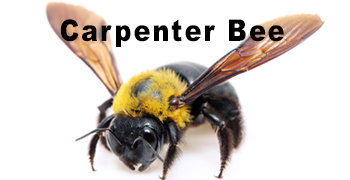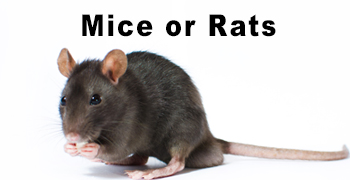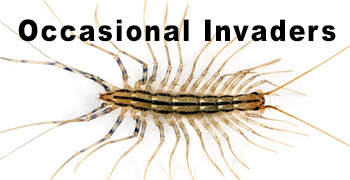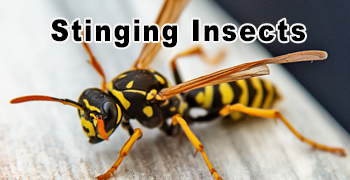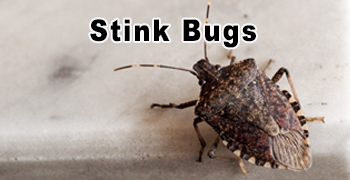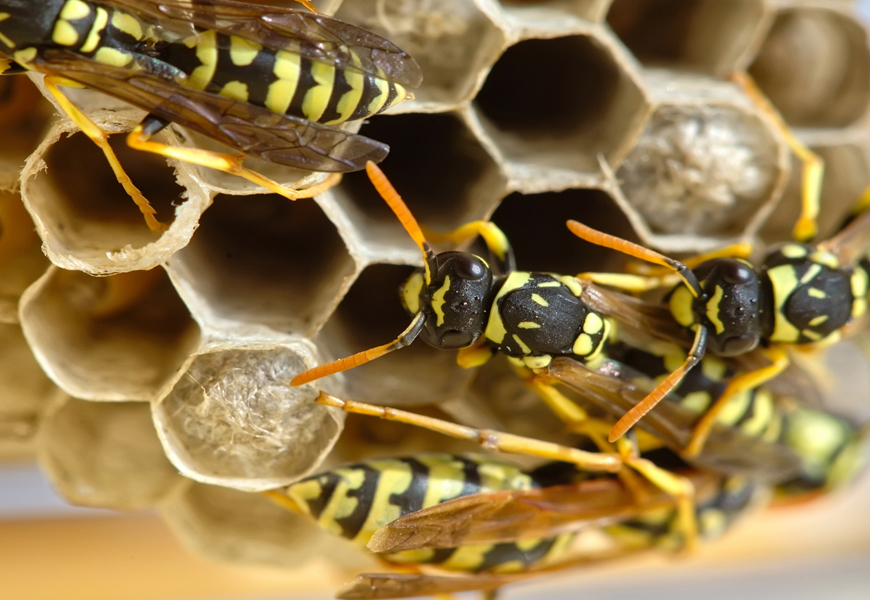Wasps
Why Wasps Can Be Dangerous Around Your Home
When we think about dangerous insects around our homes, bees and mosquitoes often come to mind, but one insect that often gets overlooked is the wasp. Wasps, especially yellow jackets, hornets, and paper wasps, can pose a significant risk to both humans and pets. While they play important roles in nature, such as pollination and pest control, their proximity to your home can lead to unexpected and sometimes dangerous situations.
While a bee can only sting once and then dies, a wasp's stinger is smooth, allowing it to sting repeatedly without harming itself.
Aggressive Behavior
One of the main reasons wasps are considered dangerous is their territorial and aggressive nature. Unlike bees, which generally sting only when threatened, wasps are more likely to sting without provocation, especially if they feel their nest is at risk. Wasps can become particularly defensive if they perceive any disturbance near their nest, whether it's from humans, animals, or even wind. A single wasp sting can be painful, but a whole swarm of wasps defending their nest is much more hazardous.
Multiple Stings
Wasps are able to sting multiple times. While a bee can only sting once and then dies, a wasp's stinger is smooth, allowing it to sting repeatedly without harming itself. This means that if you get too close to a wasp nest, you could be stung multiple times before you can react. Multiple stings can result in severe pain, swelling, and in some cases, anaphylactic reactions, which can be life-threatening.
Allergic Reactions
An allergic reaction to a wasp sting can be severe, and in some cases, life-threatening. For those with a known allergy to wasp stings, even a single sting can cause anaphylaxis, a rapid onset of symptoms that can lead to difficulty breathing, swelling, and in extreme cases, death. It's important to be aware of whether anyone in your household or nearby is allergic to wasp stings, as this can determine how seriously you need to take the presence of a nest.
Attracting Other Pests
Wasps aren't just a nuisance; they can also attract other pests to your home. As predators, they feed on other insects, and their nests can draw in creatures like ants and even rodents. A wasp nest near your home can create an entire ecosystem of pests, and this can be disruptive not just to your peace of mind, but also to the structural integrity of your home.
Nesting Locations
Wasps often build their nests in areas that are difficult to reach, such as in attics, behind walls, or in the eaves of your roof. This makes it hard to spot them early and address the problem before it gets out of hand. If a wasp nest is left unchecked, it can grow in size, and you may not even realize how large the nest has become until it's too late. Larger nests can support thousands of wasps, multiplying the risk to those living near them.
Sudden Attacks
What makes wasps particularly dangerous is how quickly they can attack. If a wasp feels threatened, it will not hesitate to swarm and defend its nest. This can be particularly hazardous for people who might not even realize a nest exists nearby. Children playing outside, people trimming trees, or anyone working around the house could inadvertently provoke a wasp, leading to a sudden and unexpected attack.
What to Do if You Encounter a Wasp Nest
If you suspect that there is a wasp nest near your home, it’s important to take precautions. Here are a few steps to follow:
- Don’t disturb the nest: Never try to remove a wasp nest on your own. Wasps can become highly agitated when disturbed and will attack in swarms.
- Stay calm: If you encounter a wasp, stay calm and avoid swatting at it. Erratic movements may provoke an attack.
- Call Prevention Pest Control: If you discover a wasp nest, especially if it's in a high-traffic area, call us and let the experts deal with it. We have the necessary equipment and knowledge to safely remove the nest without risking your safety.
Conclusion
While wasps are essential for controlling pests and pollination in nature, their presence near your home can be a significant hazard. From their aggressive behavior to their ability to sting repeatedly, wasps can cause severe pain, allergic reactions, and even health emergencies. As always, if you need help with a pest issue give us a call at 234-571-1203 and we would be glad to help. Dave.

